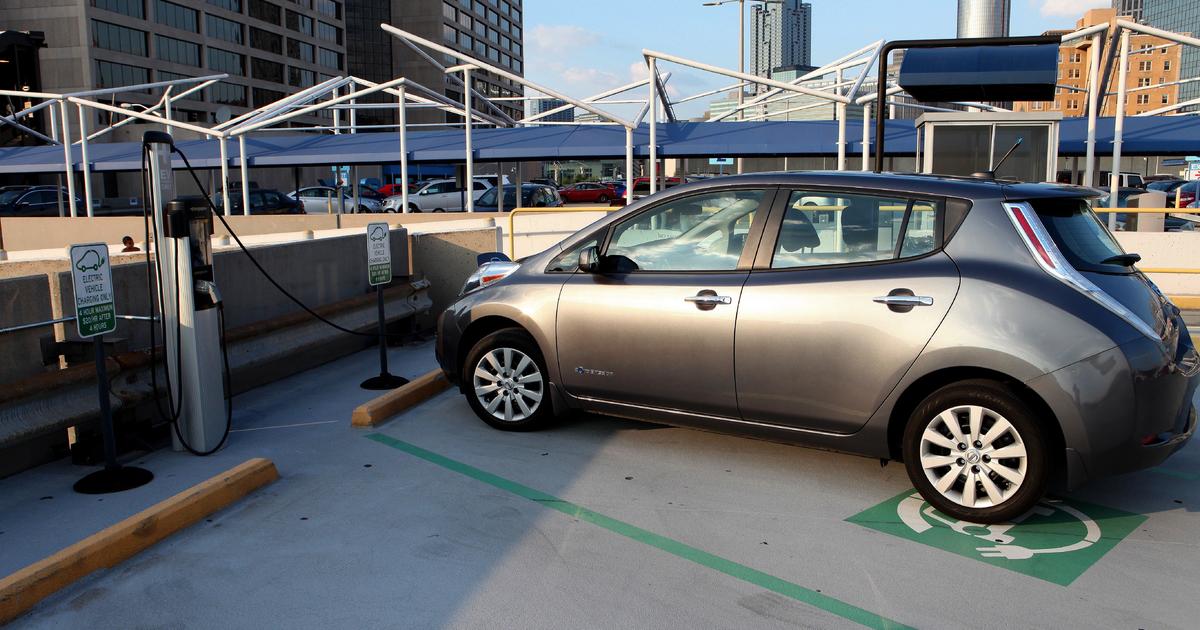Seven major automakers have joined forces to create a groundbreaking national network of 30,000 electric vehicle charging stations. BMW, General Motors, Honda, Hyundai, Kia, Mercedes, and Stellantis have announced plans to roll out the first round of these “high-powered charging” stations by next summer. This collaboration aims to address the long-standing issue faced by electric vehicle owners of limited charging infrastructure availability. By offering a comprehensive and convenient charging system, the automakers hope to further incentivize zero-emission driving for millions of customers.
Notably, the charging network will be accessible to all electric vehicle owners and support both Tesla’s North American Charging Standard plugs and the Combined Charging System plugs used by other automakers. This inclusivity demonstrates a collaborative effort to provide a universal solution rather than a proprietary one.
Concerns about finding charging stations and the range and charging time of electric cars continue to persist among motorists. Industry experts emphasize the importance of automakers’ attention to expanding charging infrastructure alongside efforts to reduce prices. Jessica Caldwell, executive director of insights at Edmunds, has emphasized the significance of charging infrastructure development.
While financial details and the timeline of building all 30,000 stations remain undisclosed, the automakers have expressed their intent to work together as equals to ensure the success of this joint venture.
Currently, the U.S. and Canada combined have just under 8,700 fast-charging stations with approximately 36,000 charging plugs. Tesla dominates the market with 2,050 stations in these regions. The new network is expected to comprise 10 to 20 charging plugs per station, aiming to cater to the growing demand for EVs.
Industry analysts anticipate that this extensive charging network will boost electric vehicle sales in North America, alleviating concerns regarding long-distance travel. Stephanie Brinley, an analyst with S&P Global Mobility, highlights how this network will provide consumers with the confidence to explore and embrace the electric vehicle lifestyle.
The automakers have also pledged to prioritize the use of renewable energy to power the chargers and ensure that the stations are conveniently located, offering additional amenities such as canopies, restrooms, and food service.
In the first half of this year, U.S. consumers purchased 557,000 electric cars, constituting 7.2% of all new vehicle sales. Industry experts predict sustained growth in EV sales for the foreseeable future.
Khristopher J. Brooks, a reporter for CBS MoneyWatch, has contributed to this report, covering various business, consumer, and financial stories, including economic inequality, housing issues, bankruptcies, and sports.
Denial of responsibility! VigourTimes is an automatic aggregator of Global media. In each content, the hyperlink to the primary source is specified. All trademarks belong to their rightful owners, and all materials to their authors. For any complaint, please reach us at – [email protected]. We will take necessary action within 24 hours.


